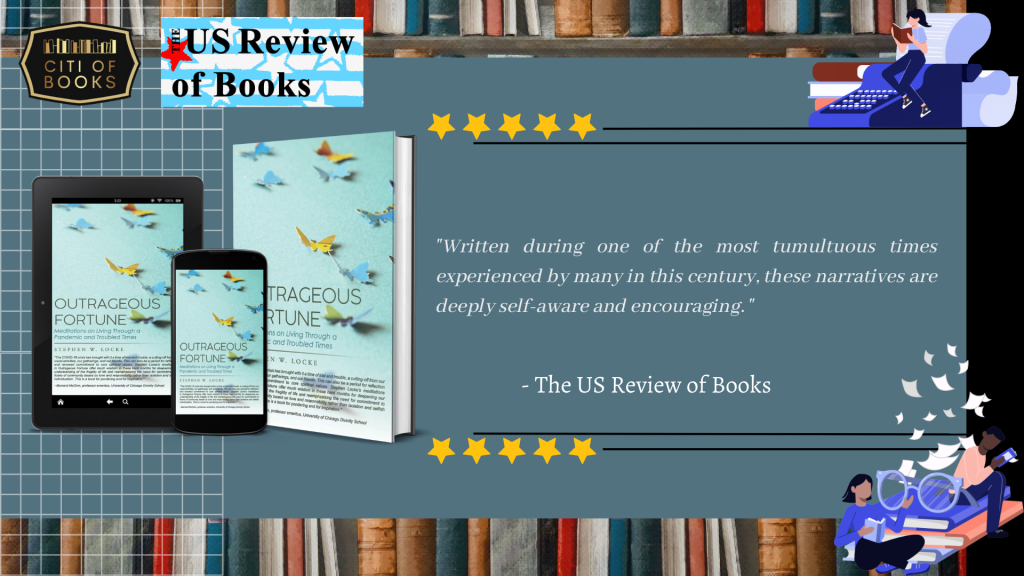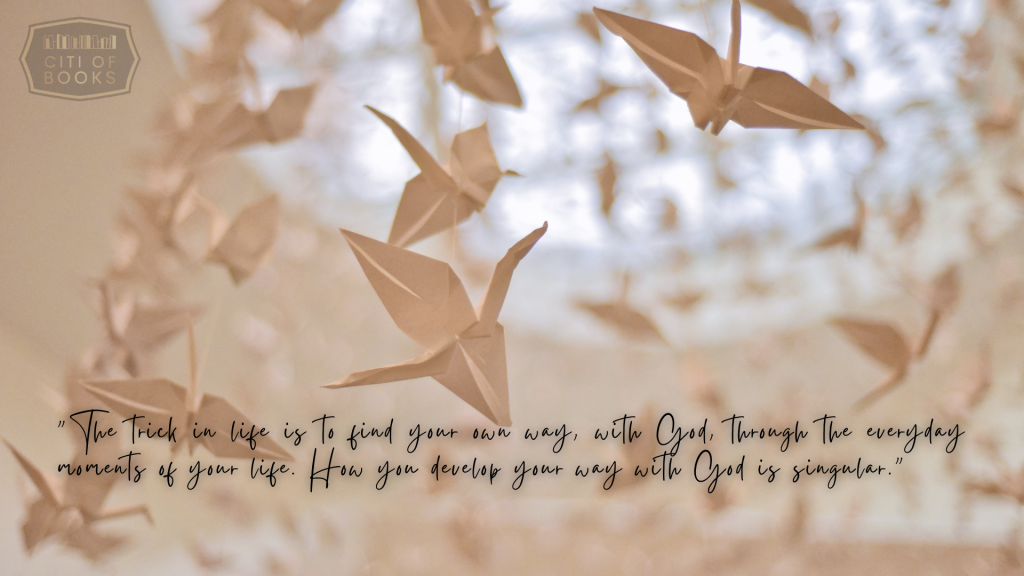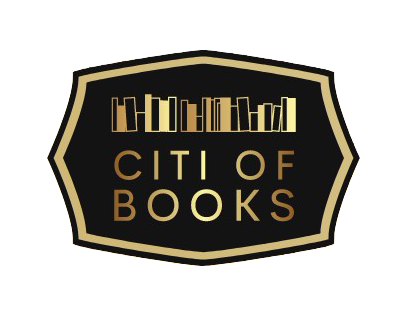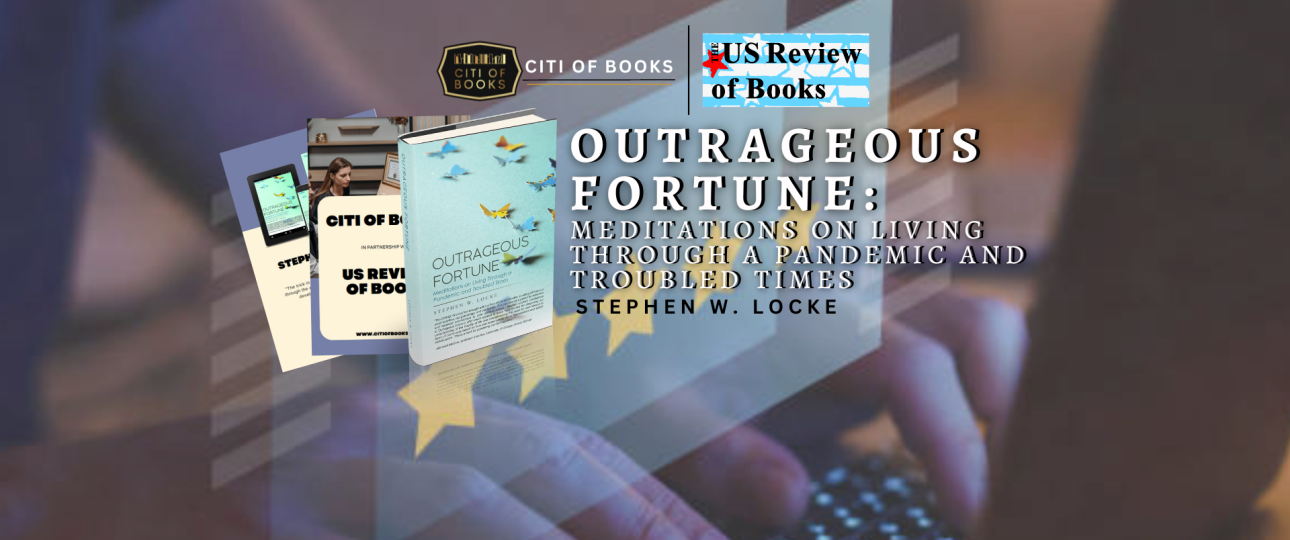
Nicole Yurcaba of The US Review of Books (USRB) reviews Stephen W. Locke’s book, “Outrageous Fortune: Meditations on Living through a Pandemic and Troubled Times.” The book was highly praised by the reviewer, quoting, “For readers looking for an easily accessible daily devotional, this book will suit them. Its conversational tone makes it understandable to both new and established believers looking for a unique way to fortify their walks in faith.”
To increase the chances of gaining readers as well as increase the visibility of the book, book reviews are being made by professional book reviewers. It also provides a summary of the book’s content, evaluates its value, and recommends it to other readers. The US Review of Books is a US-based contemporary book review publication that connects authors with professional reviewers and gets their titles in front of thousands of followers. They provide analysis for every qualifying book that is published without regard for the book’s author.
The author, Stephen W. Locke, has spent 35 years as a Presbyterian pastor. He lives in California with his wife, Chris, and his three children. He has directed a series of lectures entitled “Religion in America: Seeking the Common Ground” in conjunction with California State University, Stanislaus.
He has recently retired and spends his days writing and doing research, which he has affectionately named “Pequod.” The ship of Ahab, who is looking for the ‘white whale,” is also working on advent devotions entitled “An Absurd Entrance” and a short story named “Missing.”
“Outrageous Fortune: Meditations on Living through a Pandemic and Troubled Times” is about navigating through troubled times that are often fearful, terrifying, and disappointing. We want to make decisions that move us forward, but we are also fearful of making the wrong choice.
Fear is the big boulder that hinders our minds from making those decisions. To overcome fear, we must live our fears and not back out of them or escape them. By facing our fears, we will gain greater spiritual peace.
This book also reminds us that we cannot give what we do not have. We must also heal ourselves first before we can heal other people. We need to comfort ourselves first with God’s words before we encourage others.
These meditations trace the emotional upheaval of our struggle as well as provide hopeful solace in the struggle itself. Philosophers, sociologists, psychologists, spiritual advisors, and theologians are useful sources for this journey.

Like what you just read?

